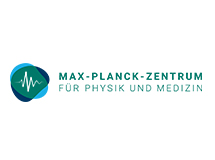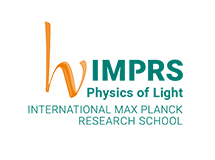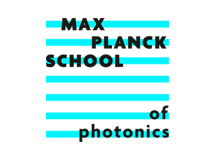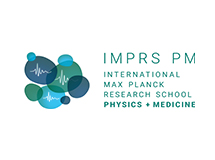We're looking for a student worker!
The Biological Optomechanics Division at the Max Planck Institute for the Science of Light is looking for a
Student Worker (m/f/d)
Temperature effects in real-time deformability cytometry
Job description:
The Biological Optomechanics Division, at the Max Planck Institute for the Science of Light is looking for a student who is motivated to investigate how temperature affects the mechanical response of cells, using the high-throughput microfluidic method (Real-Time Deformability Cytometry (RT-DC)) developed in the group. Cells are physical systems that are far from thermal, or chemical equilibrium and thus, a change in temperature likely affects their mechanical response. Even though temperature has an effect on the forces acting on the cells and on their response in every RT-DC measurement, a detailed description of these effects is yet missing.
The aim of this project is to characterize how the stresses in microfluidic channel flow are influenced by temperature and characterize the impact of temperature on the mechanical properties of cells. The tasks include:
- Temperature dependent rheological characterization of RT-DC measuring buffers using a state-of-the-art research rheometer
- Estimation of effective viscosity and shear stresses acting in the microfluidic channel from the rheological characterization
- Measurement of elastic calibration particles at different temperatures
- Study how temperature affects the apparent Young’s modulus and the time scale of relaxation of cells in RT-DC and how these change when the cells are treated with cytoskeleton-interfering drugs
The project can be part of a master thesis in physics or as student job (WHK) with a contract for at least 6 months. Students should be willing to work in an interdisciplinary and multicultural environment and not be afraid to work on biological problems.
Our offer:
You can expect an open-minded team in a young and international environment. There is a very good working atmosphere. We are open for changes and ideas. The remuneration is 12.52 €/h (with Bachelor's degree).
The Max Planck Society strives for gender and diversity equality. We welcome applications from all backgrounds. Furthermore, the Max Planck Society is committed to increasing the number of individuals with disabilities in its workforce and therefore encourages applications from such qualified individuals.
The Max Planck Society strives for gender and diversity equality. We welcome applications from all backgrounds. Furthermore, the Max Planck Society is committed to increasing the number of individuals with disabilities in its workforce and therefore encourages applications from such qualified individuals.
Are you interested? Then apply via our online application tool by 31.10.2020 here.





